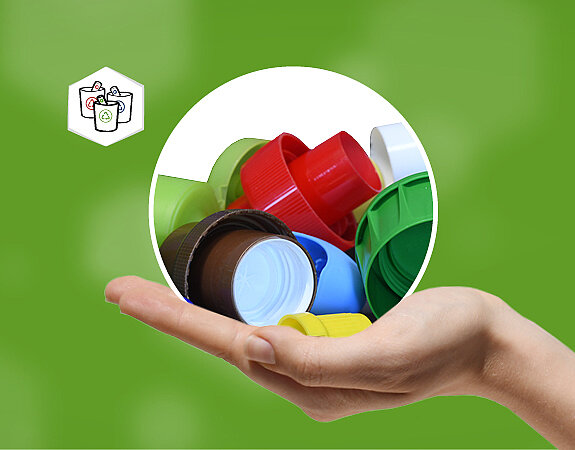Variable standard solution for high-quality sorting
Our sorting technology can be adapted for a wide variety of waste streams
Although the wishes of our customers or funding project partners differ at a first glance – You would like to separate and recycle your own company’s scrap, take back products that were already on the market for high-quality recycling or even sort flakes – our sorting technology can be implemented in an application-oriented and versatile manner.
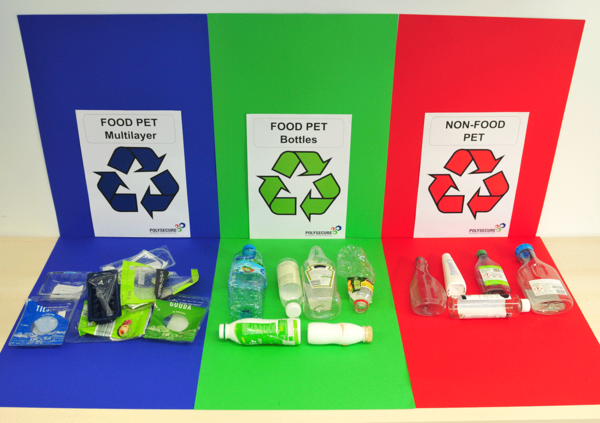
SORTING OF ARTICLES
Sort diverse objects purely and reliably
Waste streams, e.g. packaging, often consist of a large number of items. They differ in shape, color and material, and are usually dirty, dusty, deformed and often completely chaotically mixed up. In order to convert them into high-quality recyclates again, it is essential to ensure that they are sorted specifically and reliably according to defined specifications. Our SORT4CIRCLE® technology is the key to success! Our innovative single-step sorting with combined detection opens up a new level of precision and efficiency in the sorting of valuable materials.
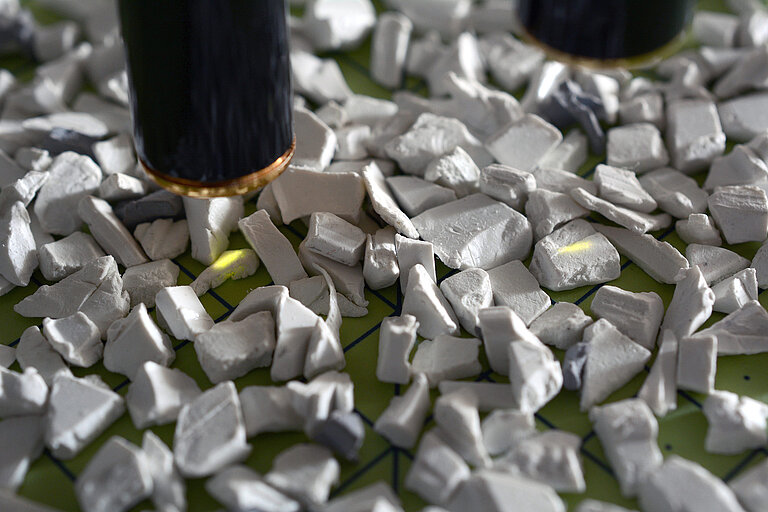
SORTING OF SHREDDED MATERIAL
Sort shredded objects specifically
In many industries, materials are shredded for recycling. For sorting the respective fractions, the combined SORT4CIRCLE® detector enables the best possible identification according to recycling-relevant criteria (e.g. material, color). These can be further specified and efficiently differentiated by using of our Tracer-Based-Sorting technology. It can be applied to materials that could not be differentiated using conventional sorting methods, for example the separation of the same polymer with and without fiber content. More information can be found here. The marked shredded objects can be detected in milliseconds and sorted reliably in the SORT4CIRCLE® system.
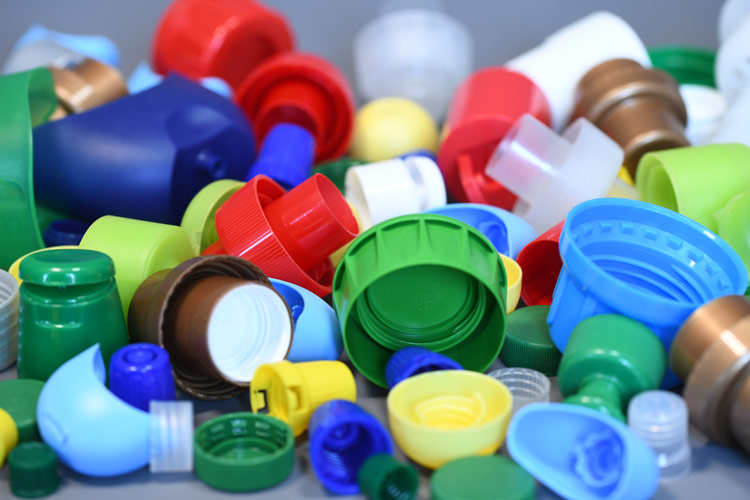
INHOUSE-RECYCLING
Gaining recyclable materials instead of waste
Closing material loops already starts in your own factory halls! Our Tracer-Based-Sorting technology allows heterogeneously mixed production waste streams to be sorted purely in order to feed them directly back into the respective manufacturing process. The resulting avoidance of waste does not only reduce production costs, but also makes a significant contribution to the conservation of resources, CO2 reduction and climate protection. This creates a direct win-win effect, both for the environment and for the wallet.
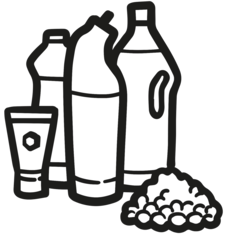
Plastics
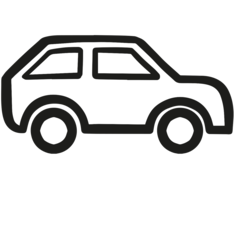
Automotive

Electronics / ICT
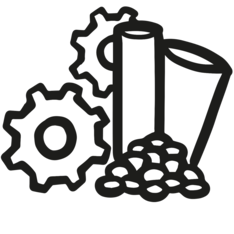
Technical parts

Building parts
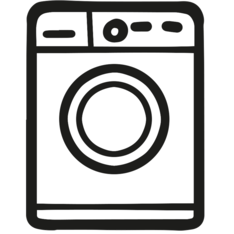
White goods
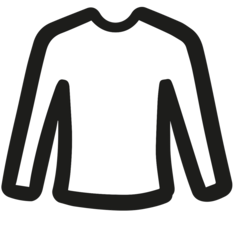
Fibers / Textiles


